When you first meet your newborn baby, there’s no manual explaining the best way to care for them. Science has come a long way over the years, helping parents prepare for the early years. Now, experts in psychology know a lot more about cognitive and physical development in early childhood. Research on ECD, meaning early childhood development, can help you be a better parent.
Helping your baby grow up to achieve their full potential isn’t rocket science. However, it may feel just as exhausting and overwhelming as planning a trip to the moon. Read on to learn seven things all parents should know about physical and cognitive development in early childhood.
ECD: Meaning of the Acronym
The acronym ECD means “Early Childhood Development.” Usually, ECD refers to how young children grow and learn from birth to age three. It includes everything from language development in early childhood to physical development, emotional learning, fine motor skills, and more.
Sometimes, people use the term early childhood development more loosely to include children up until school age. People who study early childhood development study the way children grow, learn, build skills, and socialize.
7 Important Facts Parents Should Know About Early Childhood Development
Understanding how children develop can help parents make better decisions. Here are the key facts that every parent needs to know:
1. Meeting Basic Needs Is the Most Important

When babies are born, their life experiences build the brain’s architecture.
That means that when you meet your child’s needs for comfort, food, and connection, you help them develop a healthy brain. Everyday interactions such as cooing, laughing, and talking to your baby also help with brain development in early childhood.
In the long term, meeting basic needs helps infants and toddlers grow into happy, healthy adults. Not only should parents strive to meet their baby's needs, but they should also ensure that child care providers also meet these needs.
2. Developmental Milestones Provide a Guideline
You may have heard of developmental milestones that babies and children reach as they grow. For example, learning to roll over or sit up on their own are a few developmental milestones. Many parents feel worried and concerned about whether or not their child is meeting milestones. While it’s important to be aware of milestones, they are more of a general guideline than set in stone.
Some children reach some milestones earlier than others. Be sure to bring up any concerns with your child’s pediatrician. However, in most cases, children naturally meet milestones at their own pace.
3. Brain Development in Early Childhood is Enormous
Your child’s brain is growing and changing at enormous rates during early childhood. Neuroplasticity is at its greatest when your child turns three.
However, that doesn’t mean there is a time limit for cognitive development in early childhood. Yes, taking advantage of this period for learning can help your child learn. Yet, it's not necessary to sign your child up for classes 7 days a week either. Remember, much of the important learning happens at home through play.
4. Brain Development in Early Childhood Happens Through Play

Renowned early childhood educator, Maria Montessori once said, “Play is the work of the child.” Through play, babies and young children learn everything they need to know. While climbing on playground equipment or up steps, toddlers learn to take risks. When playing with water, children pour water and learn about measurements and cause and effect.
For the best early brain development, parents should make plenty of time for playing. Young children love copying adults, so they can also play by helping with cleaning in the kitchen, cooking, or dressing up. Similarly, imaginative play also brings many benefits including learning vocabulary and emotional regulation skills.
5. Areas of Early Childhood Development to Consider
Physical and brain development in early childhood involves so many aspects. Here are some of the areas of growth that your child will experience:
Language Skills: From the first babbles to full-fledged sentences, language development in early childhood involves many stages. Some children even begin learning to read around 4 or 5 years of age. One of the best ways to help your little one in this area is to simply talk to your child.
Social and Emotional: Babies develop social skills by watching facial expressions and through play. Along the way, it's common for young children to throw tantrums and go through awkward stages.
Cognitive Development: Cognitive development in early childhood involves early math skills, language skills, reasoning, logic, and more.
Physical Growth: Good nutrition is essential for good physical growth. Aside from that, babies and toddlers need lots of exercise.
Gross Motor Development: Gross motor skills refer to the ability to move large muscle groups. Some skills young children learn include crawling, walking, running, climbing, and more.
Fine Motor Development: Fine motor skills involve the ability to use your hands to make small movements such as drawing. Children need to develop hand-eye coordination to be able to write, use scissors, or build a tower with blocks.
During childhood in general, your child will naturally show you their interests and needs. By paying attention, parents can help their children explore their interests when they’re most motivated to learn. For example, toddlers might get into the toilet because they like playing with water. Or, they start climbing all over the couch and any furniture in sight. In these ways, they’re showing a need to play with water and climb. As parents, we can then provide opportunities to play in the kitchen sink or safe climbing toys.
6. Your Child Can Be A Great Guide

During childhood in general, your child will naturally show you their interests and needs. By paying attention, you can help them achieve brain development in early childhood. More importantly, parents can help their children explore their interests when they’re most motivated to learn.
For example, toddlers might show curiosity about the toilet because they enjoy playing with water. In other situations, your young child might climb all over the couch and other living room furniture. In these ways, they’re expressing a need to play with water and climb. As parents, we can then provide opportunities to play in the kitchen sink or safe climbing toys.
Children can advance both cognitive and physical development in early childhood through play. Even simple activities such as cooking, playing pretend, or building with blocks offer opportunities for learning. Parents simply need to pay close attention to their child's interests to provide appropriate activities.
7. You Are Everything Your Child Needs
Experts and the public alike agree that parenting is hard work. It can be difficult to feel like you’re doing everything right to help your child develop and reach their full potential. Any parent who is concerned enough about their child to read about early childhood development is a great parent. As the parent, you know your child best which means that you are the best person to help them grow.
Supporting Your Little One’s Early Childhood Development
By learning about early childhood development, we can understand our children better. As the saying goes, when people know better, they can do better.
Was any of this information new to you? Or do you have something to add to the list? Get in touch with us on social media to discuss early childhood development and how it impacts your parenting.
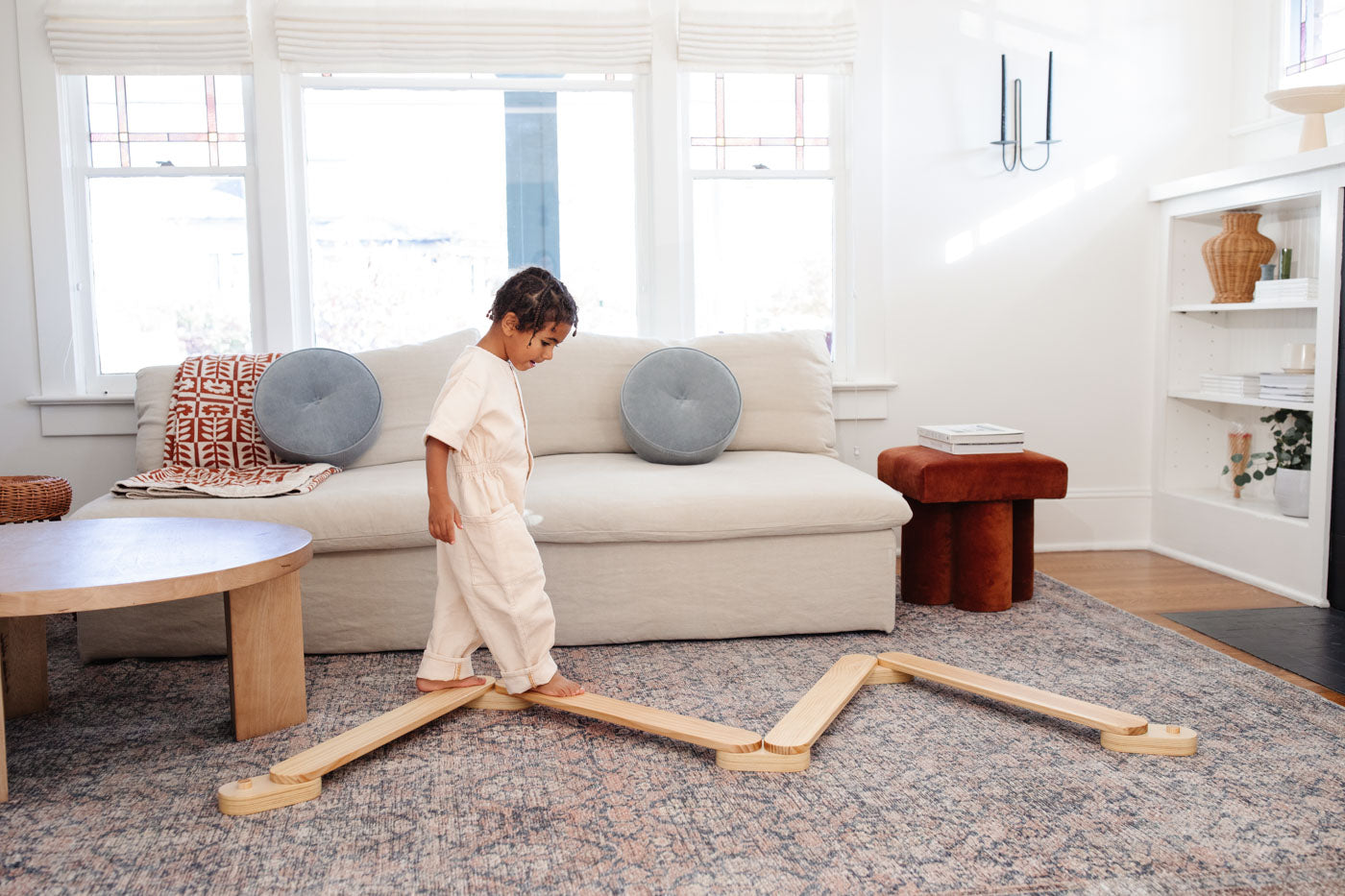

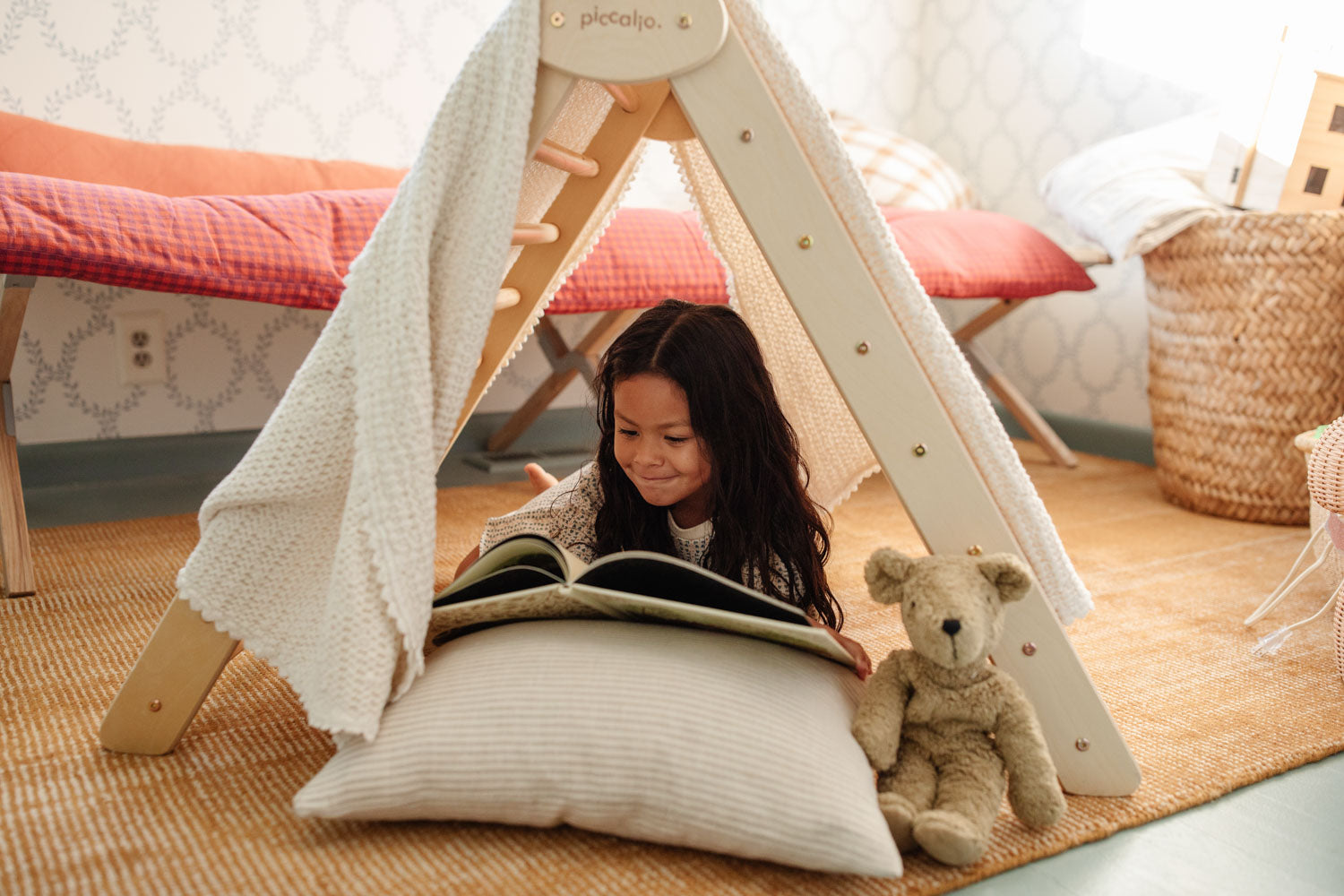

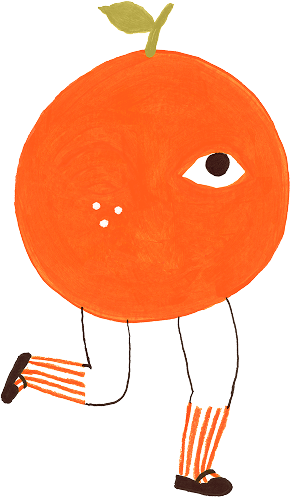
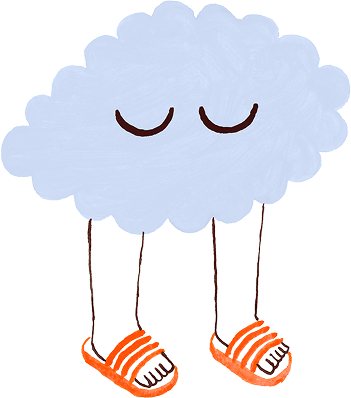
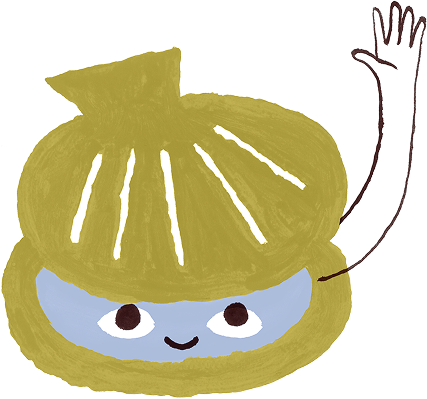
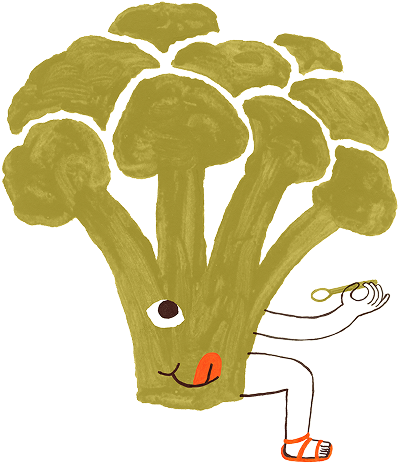
Leave a comment
This site is protected by hCaptcha and the hCaptcha Privacy Policy and Terms of Service apply.